Intro
Discover the vital role of Certified Nursing Assistants (CNAs) in healthcare. Learn the 7 key duties of a CNA, including patient care, vital sign monitoring, and medication administration. Explore the skills and responsibilities required to excel in this rewarding career, and find out how CNAs support nurses and healthcare teams to deliver quality patient care.
As the healthcare industry continues to evolve, the role of certified nursing assistants (CNAs) has become increasingly important in providing high-quality patient care. CNAs work under the supervision of licensed nurses to provide hands-on care to patients, often serving as a vital link between patients and the healthcare team. In this article, we will explore the 7 key duties of a certified nursing assistant, highlighting the importance of their role in the healthcare system.
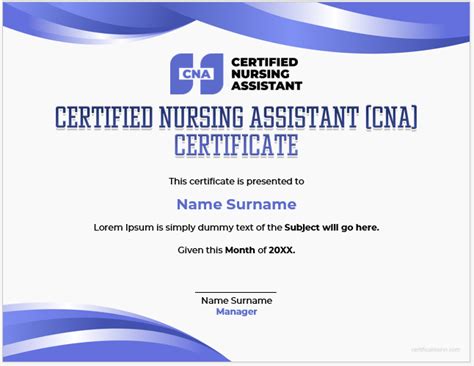
1. Patient Care and Assistance
One of the primary duties of a CNA is to provide basic care and assistance to patients. This includes helping patients with daily living activities such as bathing, dressing, and grooming. CNAs also assist patients with mobility and transfers, using equipment like wheelchairs, walkers, and lifts to ensure patient safety. Additionally, CNAs help patients with feeding, toileting, and other essential needs.
Essential Skills for Patient Care
To provide effective patient care, CNAs must possess excellent communication skills, empathy, and a strong work ethic. They must also be able to lift and move patients safely, using proper body mechanics to prevent injuries.
2. Vital Sign Measurement and Documentation
CNAs are responsible for taking and recording patients' vital signs, including temperature, pulse, blood pressure, and oxygen saturation. They must also document patients' weight, height, and other relevant measurements. Accurate documentation is crucial in helping healthcare professionals track patients' progress and make informed decisions about care.
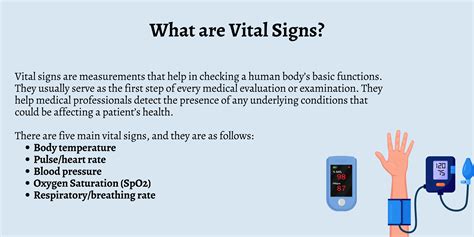
Importance of Accurate Documentation
Accurate documentation is essential in healthcare, as it helps prevent errors and ensures that patients receive the right treatment. CNAs must be meticulous in recording patients' vital signs and other measurements, using standardized charts and forms to ensure consistency.
3. Medication Assistance and Administration
CNAs may assist licensed nurses with medication administration, helping patients take their medications as prescribed. They may also help patients with self-administration of medications, providing guidance and support as needed.
Medication Safety
Medication safety is a critical aspect of healthcare, and CNAs play a vital role in ensuring that patients receive the right medications at the right time. CNAs must be familiar with common medications, their uses, and potential side effects, as well as understand the importance of proper medication administration.
4. Infection Control and Prevention
CNAs must follow strict infection control protocols to prevent the spread of infections in healthcare settings. This includes proper hand hygiene, use of personal protective equipment (PPE), and sterilization of equipment and supplies.
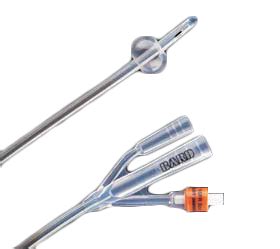
Importance of Infection Control
Infection control is critical in healthcare, as it helps prevent the spread of infections and ensures patient safety. CNAs must be vigilant in following infection control protocols, using proper techniques and equipment to prevent the transmission of infections.
5. Patient Mobility and Transfer
CNAs help patients with mobility and transfers, using equipment like wheelchairs, walkers, and lifts to ensure patient safety. They must also assist patients with range-of-motion exercises and other activities to promote mobility and prevent complications.
Importance of Patient Mobility
Patient mobility is essential in preventing complications like pressure ulcers, contractures, and pneumonia. CNAs must encourage patients to move regularly, using proper techniques and equipment to ensure safe transfers and mobility.
6. Communication and Collaboration
CNAs must communicate effectively with patients, families, and healthcare professionals to ensure that patients receive high-quality care. They must also collaborate with other healthcare professionals to develop and implement care plans that meet patients' unique needs.
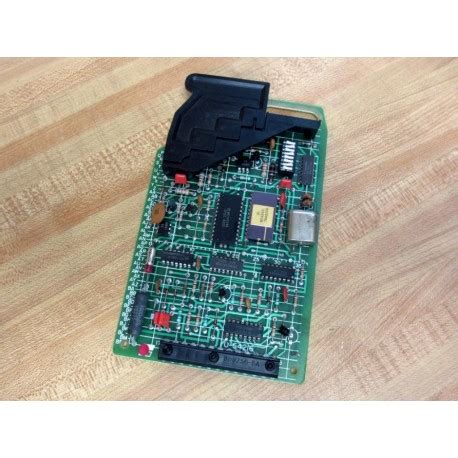
Importance of Communication and Collaboration
Effective communication and collaboration are critical in healthcare, as they help prevent errors and ensure that patients receive the right treatment. CNAs must be able to communicate clearly and respectfully with patients, families, and healthcare professionals, using active listening skills and empathy to build trust and rapport.
7. Patient Observation and Reporting
CNAs must observe patients closely, reporting any changes or concerns to licensed nurses and other healthcare professionals. They must also document patients' progress, using standardized charts and forms to ensure consistency.
Importance of Patient Observation
Patient observation is critical in healthcare, as it helps healthcare professionals track patients' progress and make informed decisions about care. CNAs must be vigilant in observing patients, reporting any changes or concerns promptly to ensure timely interventions.
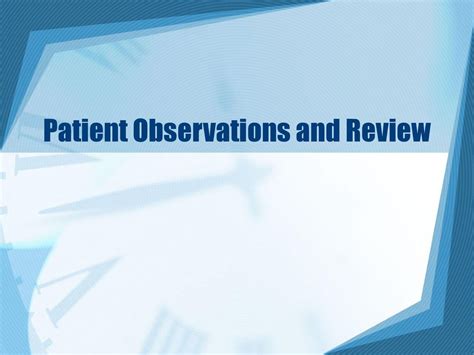
As we conclude, it is clear that certified nursing assistants play a vital role in the healthcare system, providing essential care and support to patients. By understanding the 7 key duties of a CNA, we can appreciate the importance of their role in ensuring high-quality patient care.
We encourage you to share your thoughts and experiences about the role of CNAs in healthcare. How do you think CNAs can improve patient outcomes and satisfaction? Share your comments below!
What is the primary role of a certified nursing assistant?
+The primary role of a certified nursing assistant is to provide basic care and assistance to patients, under the supervision of licensed nurses.
What are the essential skills required for a CNA?
+Essential skills for a CNA include excellent communication skills, empathy, and a strong work ethic. CNAs must also be able to lift and move patients safely, using proper body mechanics to prevent injuries.
Why is accurate documentation important in healthcare?
+Accurate documentation is essential in healthcare, as it helps prevent errors and ensures that patients receive the right treatment. CNAs must be meticulous in recording patients' vital signs and other measurements, using standardized charts and forms to ensure consistency.
